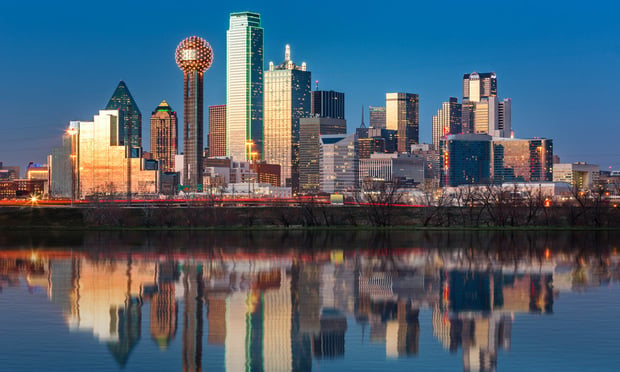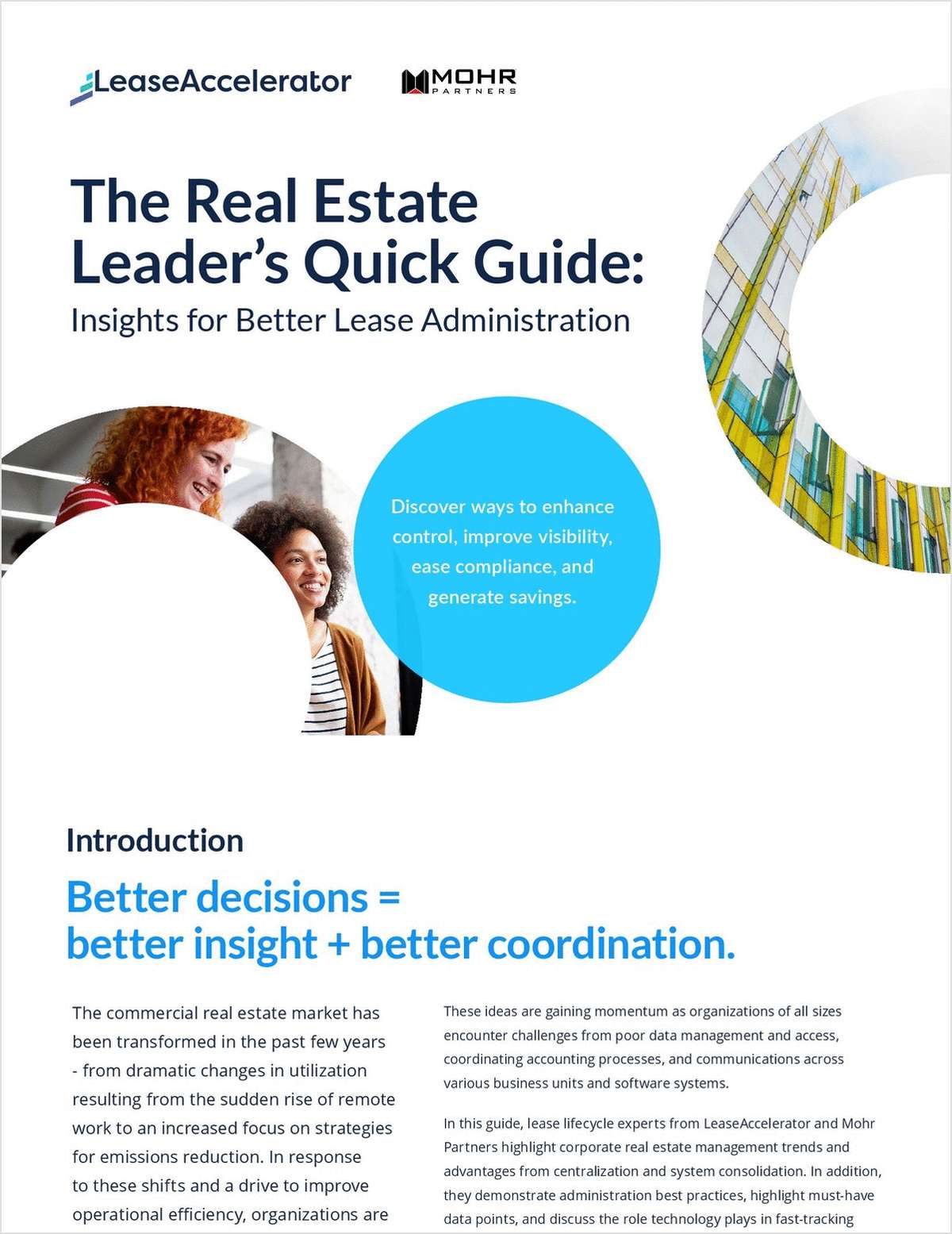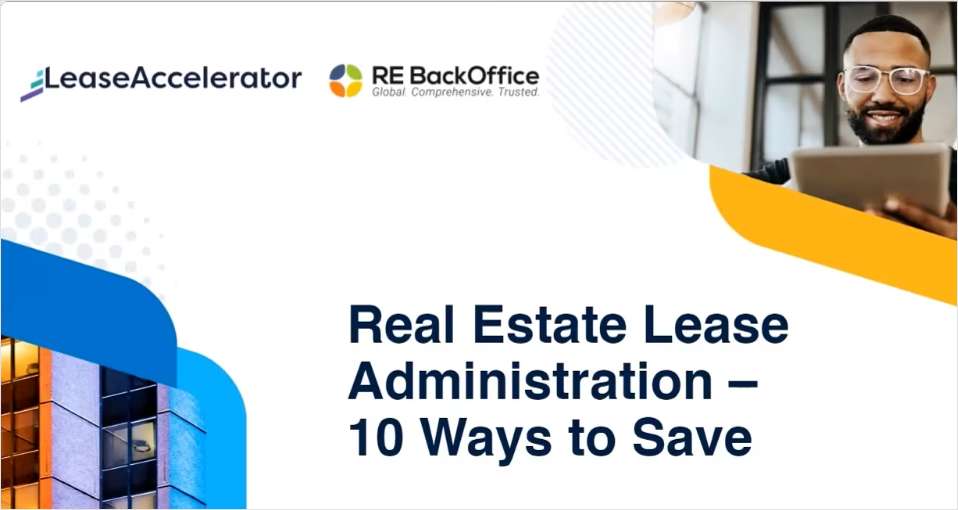At issue is whether to extend development further into the farmland skirting the tri-county, 24-city megalopolis that begins with Portland spread out in every direction until state borders or urban growth boundaries get in the way. Homebuilders and others say it is desperately needed for new homes to accommodate the region's growing population over the next 20 years. Slow growth advocates – and most of the Metro Council - say there's plenty of room inside the boundary for now, and that prime farmland should be the last option, no the first.
The last boundary expansion was in 1998, when Metro brought in about 3,700 acres, though some of that acreage remains under appeal. At the time, the council said an equal amount of land would likely be brought in the following year. That decision was later delayed until this year, and now that decision has just been made, albeit by a largely different set of council members who used a different set of calculations to make their decision. The 37-mile urban growth boundary is staying put, at least for now. The process will start all over again in 2002.
Continue Reading for Free
Register and gain access to:
- Breaking commercial real estate news and analysis, on-site and via our newsletters and custom alerts
- Educational webcasts, white papers, and ebooks from industry thought leaders
- Critical coverage of the property casualty insurance and financial advisory markets on our other ALM sites, PropertyCasualty360 and ThinkAdvisor
Already have an account? Sign In Now
© 2024 ALM Global, LLC, All Rights Reserved. Request academic re-use from www.copyright.com. All other uses, submit a request to [email protected]. For more information visit Asset & Logo Licensing.








